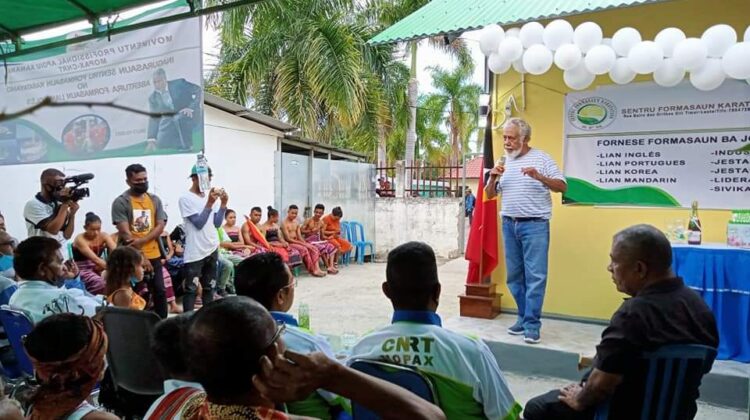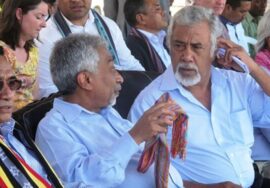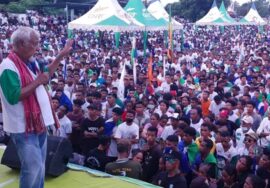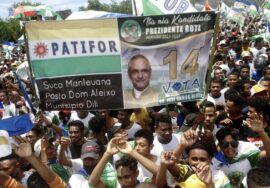
How the Formation of a New Government Will Shape Timor-Leste’s Long-Term Political Direction
Timor-Leste, a young and evolving nation, has recently undergone a significant political development with the formation of a new government. As political parties come together to establish a coalition government, it is crucial to examine how this process will influence the nation’s political trajectory in the long run. The implications of this pivotal political event are far-reaching and have the potential to set the course for Timor-Leste’s future.
1. Political Stability and Consensus: The formation of a new government signifies an agreement among diverse political forces. This political consensus is essential for long-term stability. A stable government can facilitate consistent policy implementation and foster confidence among citizens and international partners.
2. Prioritizing Key Issues: When political parties come together, they must agree on the critical issues that will drive their agenda. The focus areas, such as economic development, social welfare, healthcare, education, and infrastructure, will determine the nation’s growth and development in the years to come.
3. International Relations and Diplomacy: Timor-Leste’s interactions with the international community play a significant role in shaping its foreign policy and global standing. The government’s stance on regional and international matters will define the nation’s role on the global stage in the long term.
4. Economic Development and Diversification: A central aspect of the new government’s mission will be to bolster the economy. Timor-Leste has been highly reliant on oil revenues, and diversifying the economy is critical for long-term economic sustainability.
5. Social Welfare and Quality of Life: The government’s policies regarding social welfare, including education, healthcare, and social protection, have a direct impact on the population’s well-being. How these issues are addressed will determine the nation’s quality of life in the future.
6. Conflict Resolution and Reconciliation: Timor-Leste has faced internal and external conflicts. The new government will need to focus on conflict resolution and reconciliation efforts to ensure peace and stability, which are essential for the nation’s long-term progress.
7. Democracy and Governance: The formation of a new government is an integral part of Timor-Leste’s democratic journey. Ensuring that democratic principles, rule of law, and good governance are upheld will shape the nation’s political landscape in the years to come.
8. Youth Involvement and Education: The engagement and education of the younger generation are key factors in securing Timor-Leste’s future. Government policies that promote education, skill development, and youth participation will influence the nation’s direction.
9. Environmental Sustainability: Climate change and environmental sustainability are global concerns. The government’s stance on environmental protection and sustainable development will impact Timor-Leste’s ecological future.
10. Adaptation to Changing Dynamics: Timor-Leste’s political landscape is continually evolving. The government must remain adaptable to address emerging challenges and opportunities, and to meet the changing needs of its citizens.
In summary, the formation of a new government in Timor-Leste is a crucial event that will have a profound impact on the nation’s long-term political direction. It will influence political stability, policy priorities, international relations, economic diversification, social welfare, conflict resolution, democracy, and much more. The decisions made and policies implemented in the coming years will chart the course for Timor-Leste’s future, defining its role on the global stage and the quality of life for its citizens.







